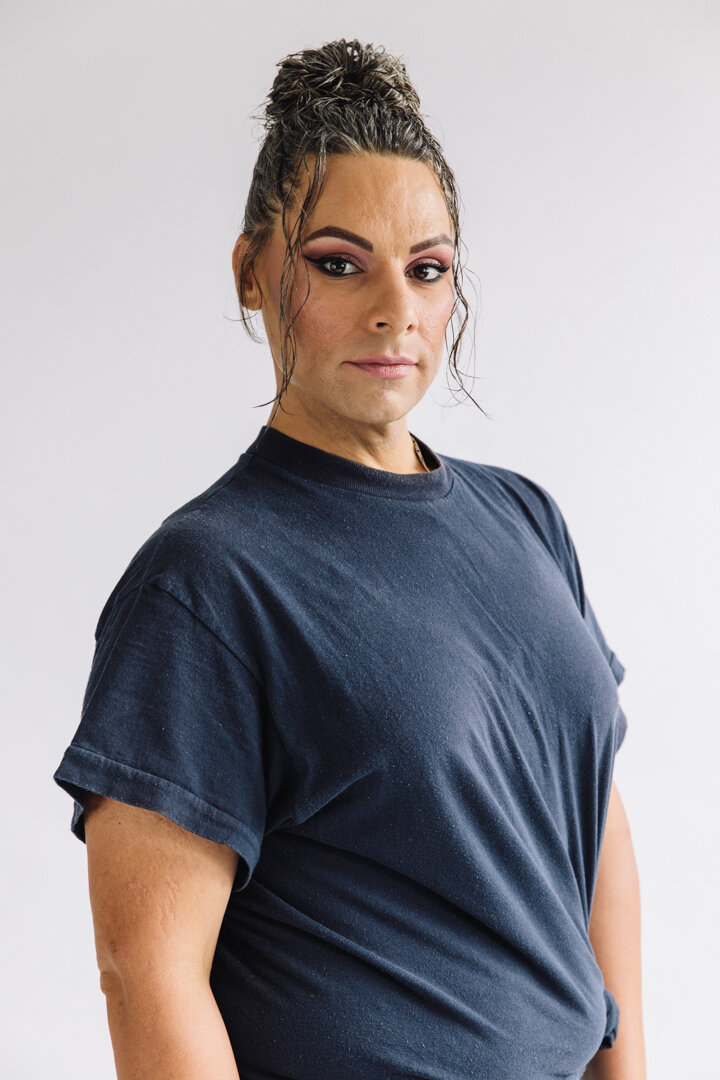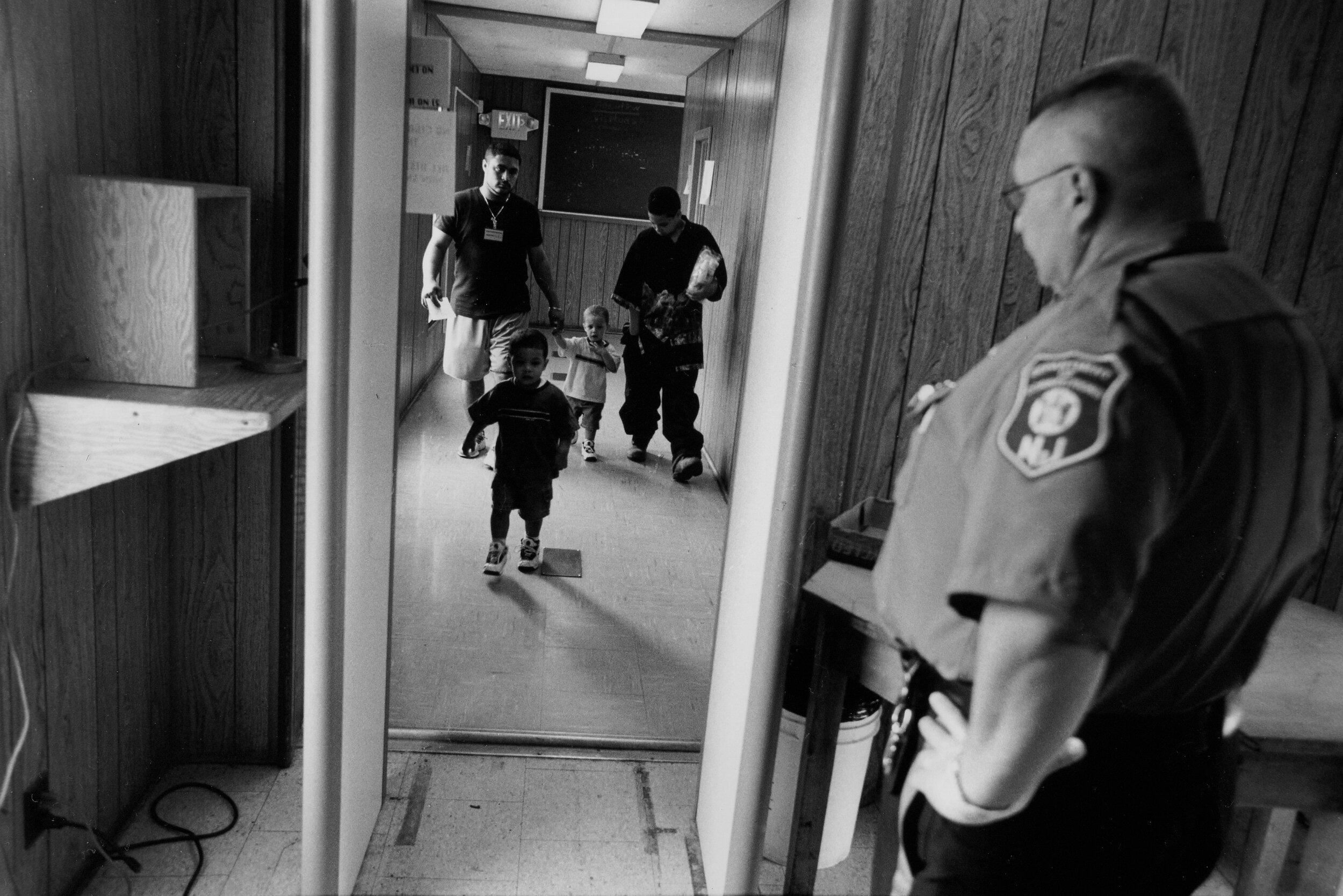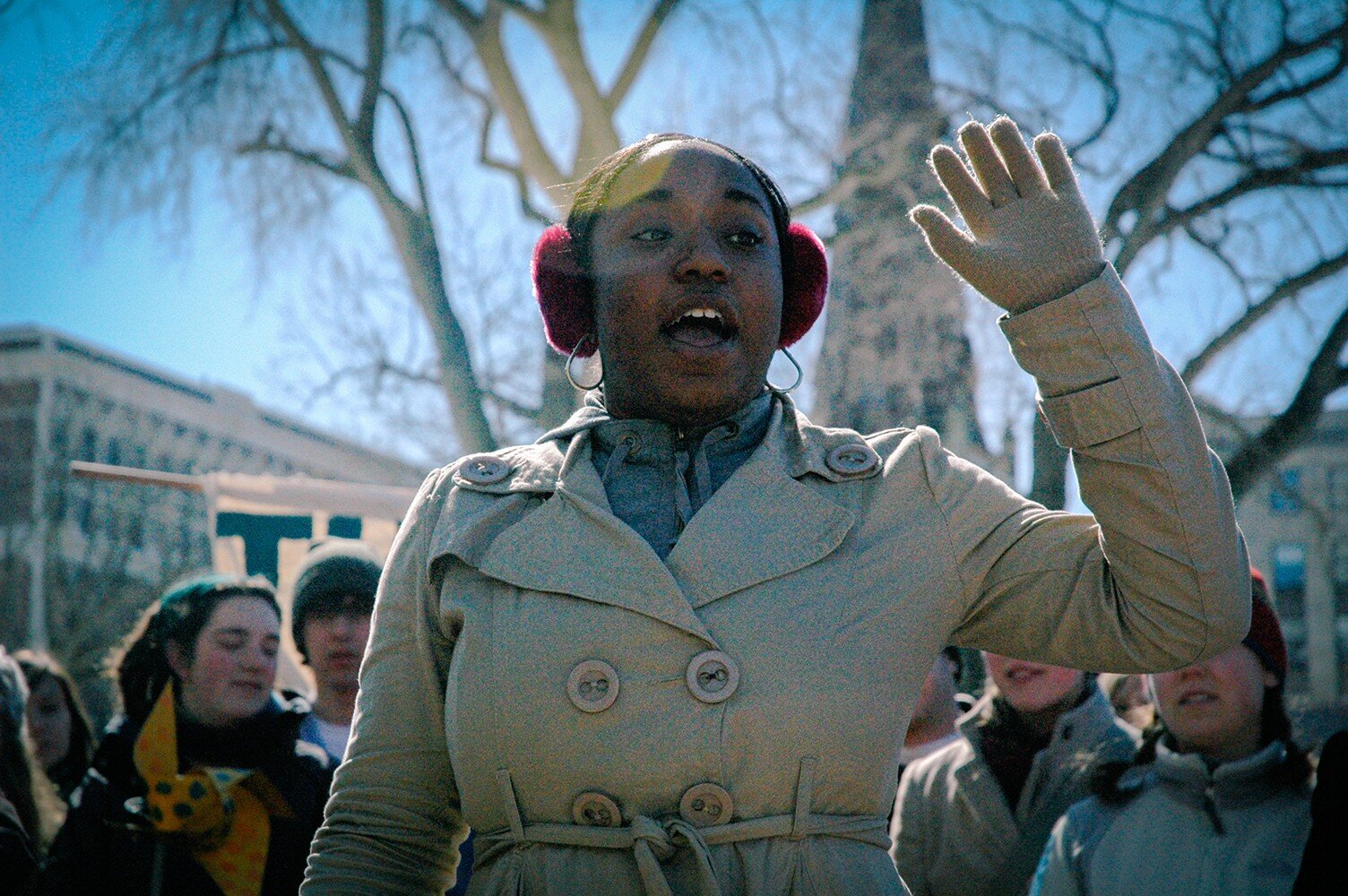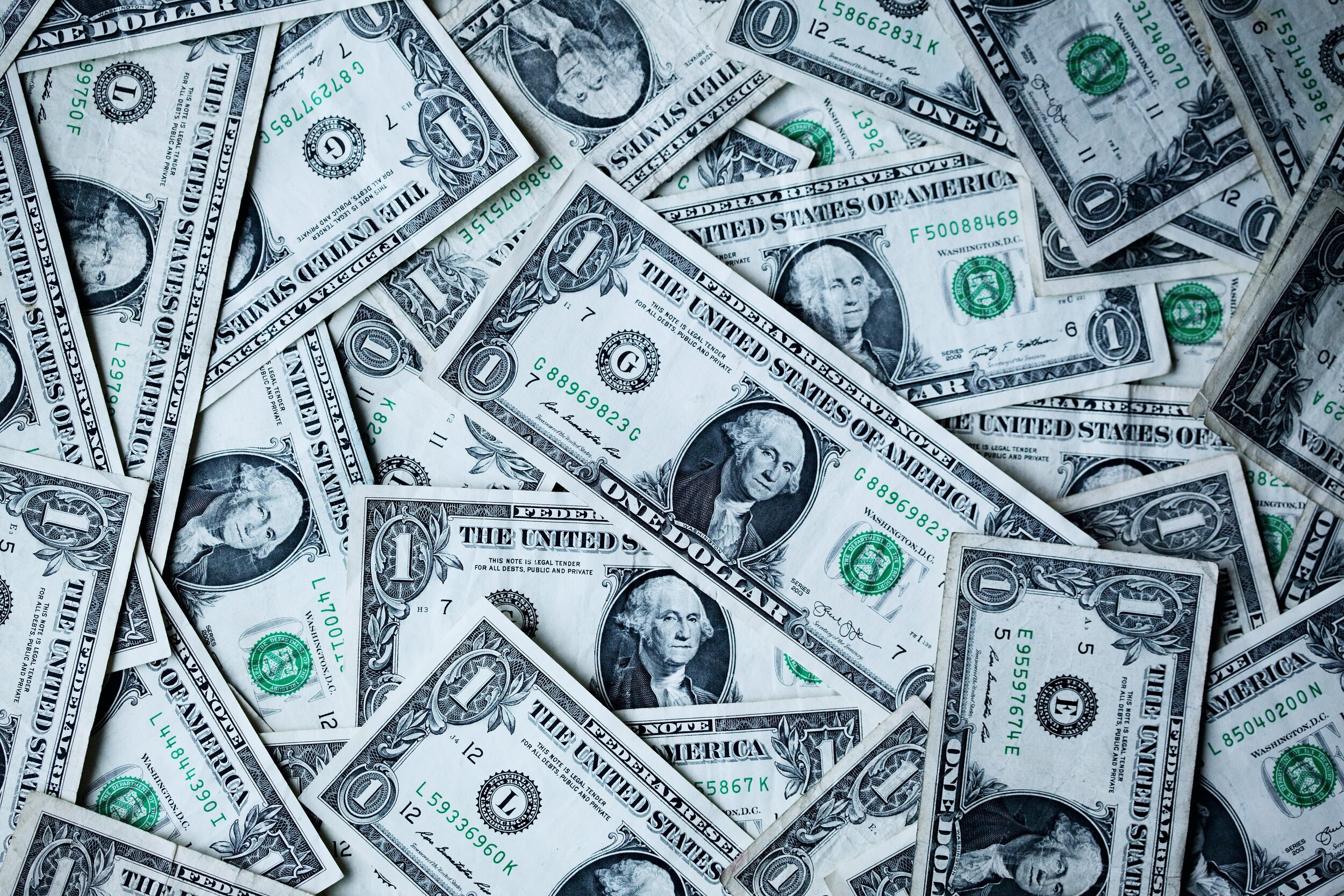CONTRABAND
Photos: Neil Da Costa
Contraband in the real world often represents smuggled goods or illegal imports. One might ask why I say in the “real world.” It’s because prison is it’s own world, with norms and practices which often do not make sense, and contraband inside prison is often an ambiguous term. From prison-to-prison and from corrections officer to corrections officer, the definitions of contraband vary in degrees to extreme or to none at all. Contraband such as drugs and weapons are very concrete across the board in most maximum-security prisons. In larger max prisons contraband such as paper clips, black pens, highlighters, altered headphones, or rubber bands are considered nuisance contraband, often confiscated with no consequences.
However, in many prisons, even some minimum custodies, they write conduct orders (“bunk-ins”), where one is confined to their bunk for up to 72 hours and in some cases issued a disciplinary report, which could land you in segregation (i.e. solitary confinement). Just like the outside world, in prison these everyday common items are used for every day practical needs yet many prisons consider them a safety concern. In the penitentiary, one piece of uncut fruit is authorized to take back to your cell but at some minimums this fruit is considered contraband.
GUM. Considered innocuous for most, once behind prison walls gum is widely considered a dangerous commodity. the reasons for banning it range from gumming up locks on cell doors, to making impressions of correctional officers keys. or, maybe it's because it just makes a mess...? either way, you can't get it at commisary, and visitors can't bring it in with them.
PENS. Mightier than the sword, but maybe that’s the problem? Possession of pens is limited to those containing blue ink only. If in possession of any other color, the offending item is confiscated and destroyed as contraband.
PAPERCLIPS. An office item commonly used to hold paper and documents together. In possession of a prisoner, a paperclip can be an escape tool or a weapon, and its possession is punishable by solitary confinement. It can also be used to hold paper together.
FOOD. Throughout the world, in all cultures, food is perhaps one of the biggest commonalities that a community shares. Eating together is a universal language that can unite people who may not even speak the same tongue. In prison it is against the rules to do the most basic community-building experience: cooking and eating together—in other words, sharing food. The minute you give someone food or even a hygiene need, that item becomes contraband.
BOOKS. found in every American household and for millennia, man's most common way to share ideas and knowledge — but considered contraband if shared among prisoners. Any literature that has not gone through proper channels, and thus placed on a proper unlocked shelf free for taking, is considered contraband the moment it leaves the common area, despite the fact that it's already sitting in the open.
TAPE. The humble roll of tape. A common household adhesive purchasable by minors in any store. In the possession of a prisoner, tape can Be used to alter property from its original state or to hide other contraband. Possession of said contraband is punishable by solitary confinement.
SHOELACES.Another commonly held household item, used to keep one's shoes tied together to prevent them falling off as you walk. In prison, the moment they are removed from one's shoes they are now contraband and will be confiscated. Shoelaces modified from their original state in any way (such as a measuring tape to measure one’s head when bored) become contraband and are thus incinerated, despite being legally purchased by their owner.










